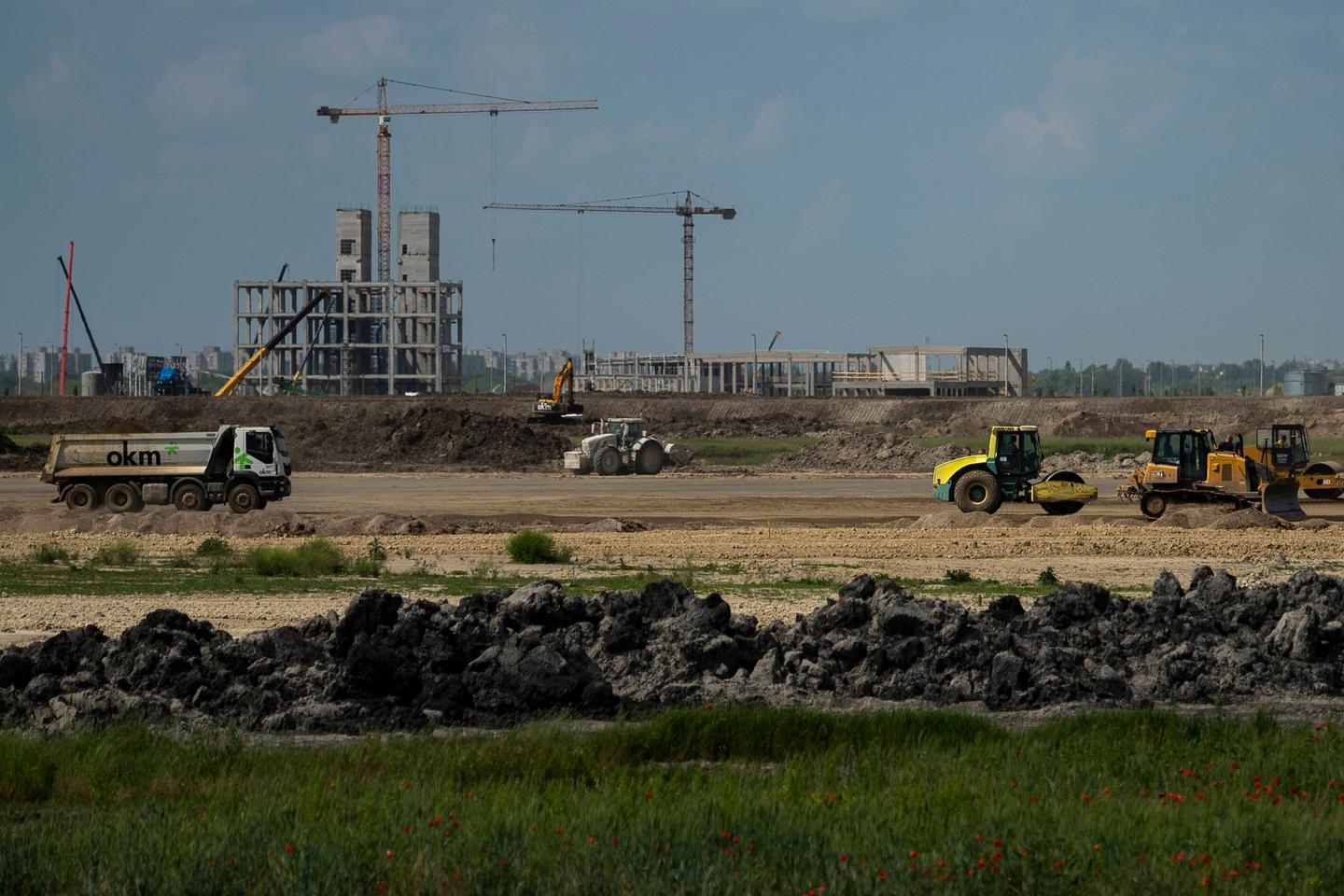


No city in Europe is changing as quickly as Hungary's Debrecen since its shift to electric mobility. The landscape is dominated by construction sites and factories are rapidly emerging, a testament to the efforts of thousands of workers brought in from all over the world who are laboring tirelessly around the clock.
Located two and a half hours east of Budapest, Debrecen, Hungary's second-largest city, plans to create over 15,000 jobs within the next few years, producing electric cars in a state-of-the-art BMW plant and batteries for Chinese giant CATL.
This industrial boom in a traditionally sleepy city has become the best symbol of Prime Minister Viktor Orban's dream of making his country "a superpower" in electric mobility, taking advantage of the European Union's decision to stop selling new combustion engine cars by 2035.
Built-up expertise
"By 2022, we were already the world's fourth-largest battery producer," said former Secretary of State Peter Kaderjak, now president of the Hungarian Battery Association, a fast-growing organization housed in brand-new offices on the banks of the Danube River. According to projections by the European Court of Auditors, Hungary should be Europe's second-largest battery producer by 2030, with an annual production capacity of between 178 and 188 gigawatt-hours, or around 3.5 million 50-kilowatt-hour batteries. This is certainly behind Germany, but far ahead of its usual regional competitors, such as the Czech Republic or even a major country like France.
"We'll have maybe a quarter of Europe's production capacity, even though we're a very small country," said Kaderjak proudly. Listing the economic factors behind this success, he said, "Hungary is already home to Germany's three main car producers. We have good infrastructure and a fairly inexpensive workforce."
Around 5% of Hungary's GDP is already dependent on the automotive industry and 150,000 people are employed in the sector. The country is benefiting from the expertise it has built up since joining the European Union in 2004, as part of an enlargement that turned the whole of Central Europe into a rear base for the German automotive industry. However, Budapest is now counting above all on Asian capital, particularly Chinese, to win Europe's electric car race.
The first Hungarian battery plant was opened in 2017 by Korea's Samsung and already boasts a capacity of almost 40 gigawatt-hours. In Debrecen, China's CATL has promised to eventually build Europe's largest battery plant, with an announced capacity of 100 gigawatt-hours. In December 2023, BYD, Tesla's main global competitor, announced that it had chosen Szeged, in southern Hungary, to open its first electric car factory on the Old Continent, dashing French hopes.
You have 60% of this article left to read. The rest is for subscribers only.
